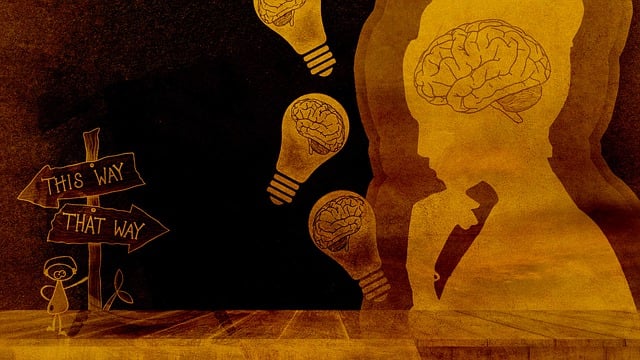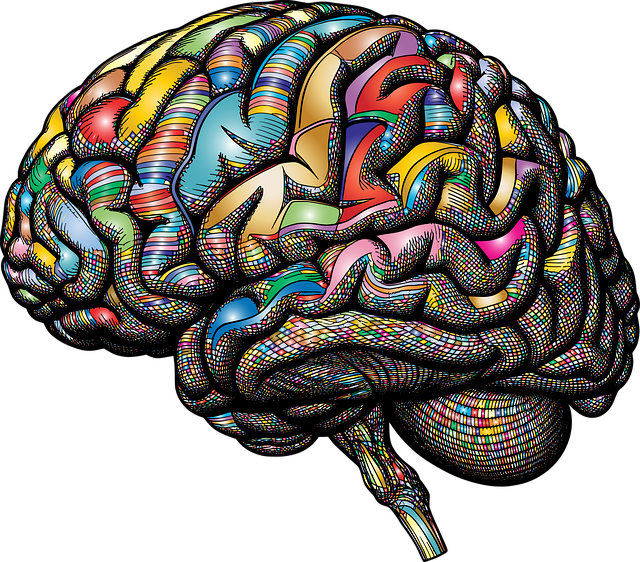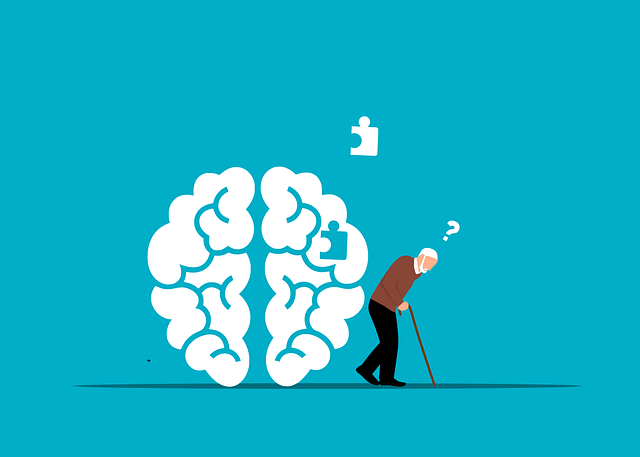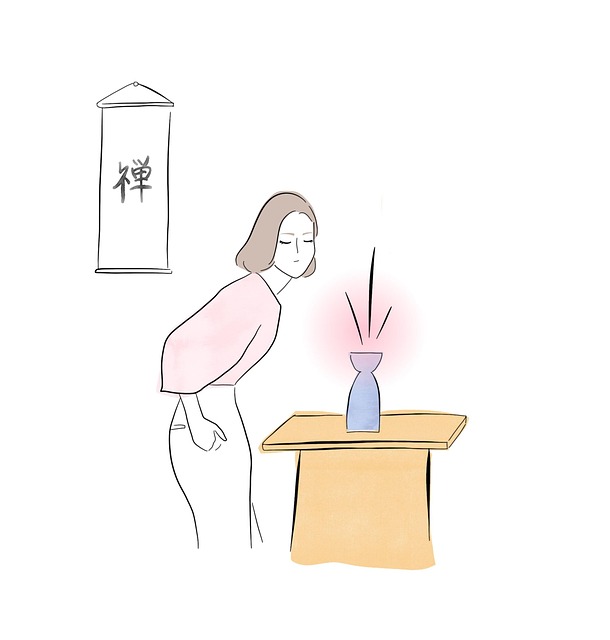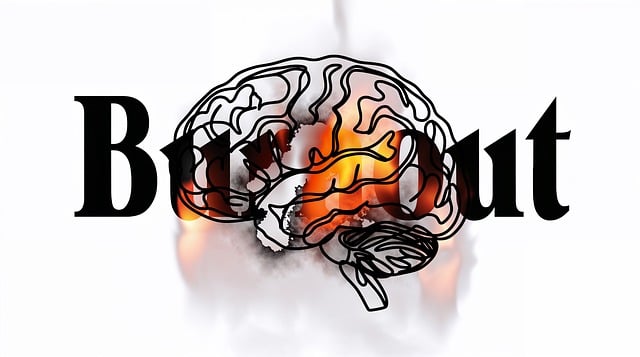Stress, a common challenge, becomes harmful when chronic, impacting mental and physical health. Individual stress triggers vary, emphasizing the need for personalized management. Unmanaged chronic stress can lead to severe mental health conditions like anxiety and dissociative disorders, as well as physical ailments. Professional guidance from healthcare providers specializing in emotional regulation techniques is crucial for effective stress reduction. Lone Tree Dissociative Disorder Therapy offers tailored strategies, one-on-one sessions, and mindfulness practices to address root causes. Integrating self-care, exercise, sleep hygiene, and mindfulness enhances overall well-being. Yoga and community outreach programs make these holistic approaches accessible, fostering emotional healing and improved coping mechanisms for diverse populations.
“Stress reduction is a vital aspect of maintaining mental and physical well-being. In this comprehensive guide, we explore various methods to combat stress, offering insights into both traditional and innovative techniques. From understanding the profound impact of stress on our lives to adopting lifestyle changes, we delve into effective strategies.
We highlight Lone Tree Dissociative Disorder Therapy as a specialized approach, showcasing its role in managing stress-related disorders. Additionally, we introduce complementary relaxation techniques, providing a multi-faceted approach to achieve inner peace.”
- Understanding Stress and Its Impact
- Traditional Therapies for Stress Reduction
- The Role of Dissociative Disorder Therapy
- Lifestyle Changes for a Calmer Mind
- Complementary Techniques for Relaxation
Understanding Stress and Its Impact

Stress is a natural response to various life challenges and demands, but when it becomes chronic, it can significantly impact both mental and physical health. It’s essential to recognize that stress manifests differently for everyone; what might be stressful for one person could be a non-issue for another. Understanding these individual variations is crucial in effective stress reduction strategies. Chronic stress can lead to various mental illnesses, such as anxiety disorders or even Lone Tree Dissociative Disorder, and contribute to physical health issues like cardiovascular problems and weakened immune systems.
In today’s fast-paced world, the constant pressure to perform and meet expectations can make it challenging for individuals to regulate their emotions effectively. This is where professional help becomes invaluable. Healthcare providers play a pivotal role in stress reduction efforts by offering guidance on emotional regulation techniques. They also contribute to Mental Illness Stigma Reduction Efforts by providing culturally competent care, ensuring that patients feel understood and supported throughout their journey towards better mental health.
Traditional Therapies for Stress Reduction

In addressing stress reduction, Traditional Therapies like Lone Tree Dissociative Disorder Therapy play a pivotal role in equipping individuals with effective coping mechanisms. This form of therapy delves into the root causes of stress and anxiety, offering tailored strategies for long-term wellness. Through one-on-one sessions, therapists help clients explore and process underlying emotions, memories, or experiences that may be contributing to their stress levels. Techniques such as cognitive behavioral therapy (CBT), mindfulness practices, and relaxation exercises are commonly incorporated to foster self-awareness and resilience.
By integrating Self-Care Practices into daily routines, individuals can further enhance their ability to manage stress effectively. Building Resilience is a key component of this process, enabling people to bounce back from challenging situations with increased emotional strength. Confidence Boosting activities that cultivate a positive mindset and promote healthy boundaries are equally essential in the journey towards holistic stress reduction.
The Role of Dissociative Disorder Therapy

Dissociative Disorder Therapy plays a crucial role in stress reduction methods for individuals dealing with conditions like Lone Tree Dissociative Disorder. This specialized form of therapy offers a unique approach to addressing complex mental health challenges. Through a combination of techniques, therapists help clients navigate and manage their symptoms, fostering a sense of control and reducing the impact of traumatic experiences on their daily lives.
The process often involves mindfulness meditation practices tailored to enhance self-awareness and promote relaxation. By improving self-esteem and building coping strategies, individuals can better regulate their emotions and reduce stress levels. This holistic approach not only targets the symptoms but also empowers clients with the tools to navigate life’s stressors more effectively, ultimately contributing to improved mental well-being.
Lifestyle Changes for a Calmer Mind

Adopting a healthier lifestyle can significantly contribute to stress reduction and emotional well-being. Regular exercise, for instance, releases endorphins, often referred to as ‘feel-good’ hormones, which can alleviate stress and improve mood. Even moderate physical activity, like taking a brisk walk in nature or practicing yoga, can be incredibly beneficial. Additionally, prioritizing sleep hygiene ensures your mind and body get the rest they need to function optimally. Adequate sleep is essential for managing stress, as it allows for emotional regulation and enhances resilience to stressful situations.
Lifestyle changes often involve adopting healthier habits like mindfulness practices and dietary adjustments. Mindfulness meditation, in particular, has been shown to reduce symptoms of Lone Tree Dissociative Disorder Therapy by promoting present-moment awareness and reducing rumination. Social Skills Training can also be a valuable tool for improving emotional healing processes by fostering better connections and communication with others. Effective stress management strategies, when incorporated into daily routines, empower individuals to navigate life’s challenges with greater ease and resilience.
Complementary Techniques for Relaxation

In addition to traditional relaxation techniques like deep breathing and meditation, complementary approaches can significantly aid in stress reduction, especially for those dealing with conditions such as Lone Tree Dissociative Disorder Therapy. These methods often tap into diverse aspects of well-being, including physical, mental, and even spiritual dimensions. For instance, yoga combines physical postures, breathwork, and mindfulness to promote relaxation and restore balance within the body and mind.
Community outreach programs and cultural competency training for healthcare providers play a crucial role in making these complementary techniques accessible to diverse populations. Such initiatives ensure that emotional healing processes are inclusive and tailored to different cultural backgrounds and beliefs. By integrating these practices into stress reduction strategies, individuals can find deeper relaxation and improved coping mechanisms, ultimately enhancing their overall quality of life.
Stress reduction is a multifaceted journey, and with the right tools, anyone can achieve a calmer, more balanced mind. From understanding the impact of stress to exploring traditional therapies, lifestyle changes, and complementary techniques, individuals have numerous options available. Lone Tree Dissociative Disorder Therapy offers specialized support for those dealing with dissociative disorders, providing an effective approach to managing stress and promoting mental well-being. By combining various methods, one can tailor a personalized strategy to reduce stress, enhance resilience, and improve overall quality of life.
